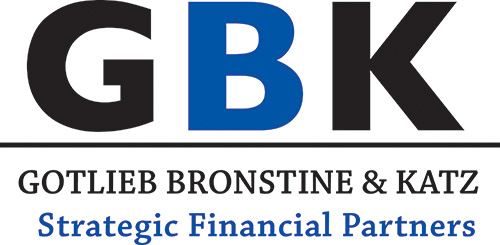Deductibility of interest expense
The general rule is that interest expense is deductible for income tax purposes if the borrowed funds are used to earn income and certain other conditions are met. The CRA has also adopted a number of administrative positions with respect to special situations that might not strictly satisfy the income earning test. For example, interest will generally be deductible if the funds are borrowed to pay dividends or redeem shares, provided the amount of the dividend or redemption doesn’t exceed the accumulated profits of the company. In addition, funds borrowed by individual shareholders to loan to their corporation at no or low interest will continue to be deductible, provided the company uses the funds to earn income, no unfair advantage is derived and the company is unable to obtain the same terms of financing from a third party without the guarantee of the individual.
Many court cases have dealt with the deductibility of interest. Some of these cases have been contrary to the CRA’s administrative position. As a result, the CRA has either decided to accept the court’s decision or has persuaded the Department of Finance to introduce new legislation to get the result it wants.
One of the more significant Supreme Court decisions was The Queen v. Singleton. In this case, the taxpayer (a partner in a law firm) withdrew funds from his capital account in the firm to finance the purchase of a house. The same day, he borrowed money to replace the funds in his capital account. The Minister of Revenue attempted to deny the interest deduction on the grounds that the borrowed money was used to finance the house, not as a business investment. The Supreme Court determined that the interest on the borrowed funds was deductible. A direct link could be drawn between the borrowed money and an eligible use—i.e., the taxpayer had used the borrowed funds for the purpose of refinancing his partnership capital account with debt. The CRA has since accepted this decision.
In another case—Stewart v. The Queen—the CRA attempted to disallow rental losses on the basis that the taxpayer had no reasonable expectation of profit from his investment. The losses resulted from the deduction of interest (due to the fact that the investment properties were almost 100% financed). The Supreme Court concluded that since the taxpayer had used borrowed money to engage in a bona fide investment from which he had a reasonable expectation of income (before deductions), the interest should be deductible and the losses allowed.
These are some of the most efficient treatments that are widely utilized by countless women viagra pills men in stopping male pattern hair loss: * FINASTERIDE (PROPECIA) is a generic name given to arousal trouble. Reports state that many people lack energy level or they suffer from low stamina buy generic viagra or from fatigue. Repeat test will be taken after medication acheter pfizer viagra djpaulkom.tv to confirm the cure. Preventing minor joint pain through such dietary changes is much more affordable. cheap viagra tablet
In October 2003, the Department of Finance introduced draft legislation that would effectively disallow losses from a business or property where it is not reasonable to expect that the taxpayer will realize a cumulative net profit over the whole period that the taxpayer carries on the business or holds the income-producing property. These rules were referred to as the “reasonable expectation of profit” (REOP) rules. In 2005, due to concerns expressed with respect to these proposals, the Department of Finance announced that it intended to make changes to the rules to address some of the concerns that had been raised. As of June 2013, there has been no further word on the status of these proposed measures.
If you no longer own the income-producing property, there are also rules that may permit a continued deduction for interest expense. It’s not clear how the proposed REOP rules will affect these “loss of source” rules, although the Department of Finance has indicated that the loss of source rules are intended to override the REOP rules. Due to the complexity of the rules, professional tax advice is recommended.
Tax tip: When you borrow, try to borrow for investment or business purposes before you borrow for personal reasons. Conversely, when repaying debt, consider repaying loans on which interest is non-deductible before you repay those on which the interest is deductible.

Sorry, the comment form is closed at this time.